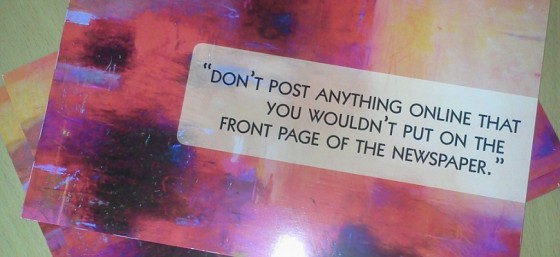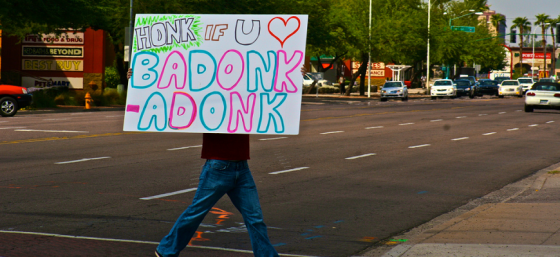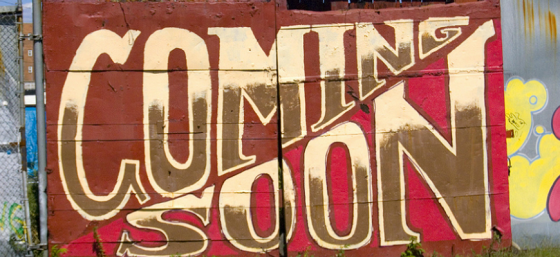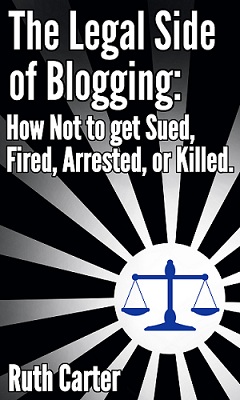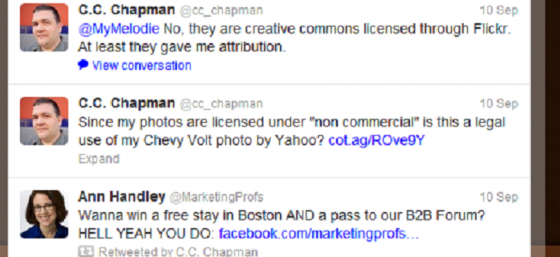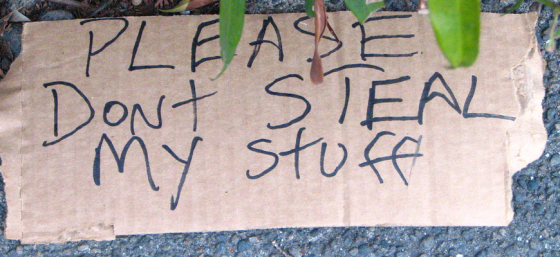I had the pleasure of speaking at the Public Relations Society of America’s Western District Conference last weekend. I led two sessions: “So you want to do a flash mob” and “The Legal Side of Blogging: 10 Questions to Ask Before you Hit ‘Publish.’” Both sessions were great and I wanted to share some of the frequent questions I get when I talk about the legalities of social media.
What should you do if you’re outsourcing your blog content?
You need a kick ass contract that clearly states who owns the copyright in the content that is created. If the hiring company obtains copyright, does the blogger get permission to put a copy of the work in their portfolio to obtain other work? The contract should also state who is responsible if there are any problems related to the work (i.e., copyright infringement claim) or if there are any disputes related to the contract.
What should you do if you want to use a photo from a company’s site, such as if want to write a positive review of their company?
There’s a chance that using the photo could qualify as fair use; however it’s probably best to avoid the possibility of being hit with a copyright infringement claim by asking the company if you can use their photo. You never know who owns the rights to an image and if there are any restrictions related to using it.
What’s the worst case scenario if you use an image from Google Images without verifying that it was available for use with a Creative Commons license or had been released to public domain?
You could be sued for tens of thousands of dollars for copyright infringement. I always say that just because someone sues you that it doesn’t mean they’re going to win, but in this case, they might. You can still be sued and lose even if you didn’t mean any harm.
I get permission to use every photo on my blogs or use photos that are available under Creative Commons licenses that allow me to modify and commercialize each image.
What if you’ve been using Google Images or you haven’t kept track of what images you’re allowed to use?
Probably no one wants to hear this, but I’d rip every image out of your site and start over, making sure that you own or have permission to use every image on your site.
These are my rules of thumb when it comes to social media:
- Assume everything you post online will be seen by your best friend, your worst enemy, your boss, and your mother. If you’re not ok with one of those people seeing what you want to say, don’t post it.
- Don’t post anything online that you wouldn’t put on the front page of the newspaper.
For more information about the legalities of social media, please check out my book The Legal Side of Blogging: How Not to get Sued, Fired, Arrested, or Killed.
You can also subscribe to the Carter Law Firm newsletter.
You can connect with me on Twitter, Google+, Facebook, YouTube, LinkedIn, or you can email me.
Please visit my homepage for more information about Carter Law Firm.
